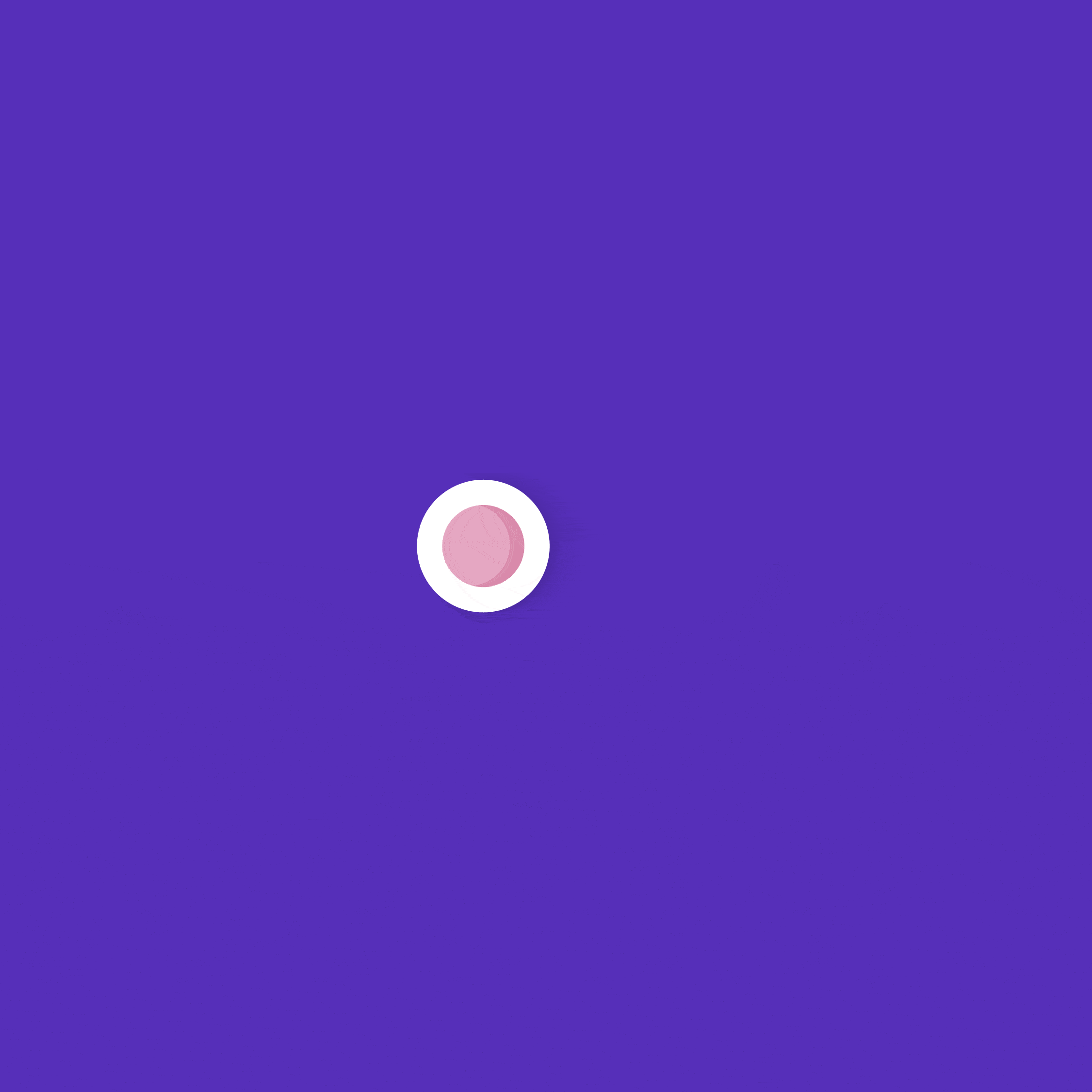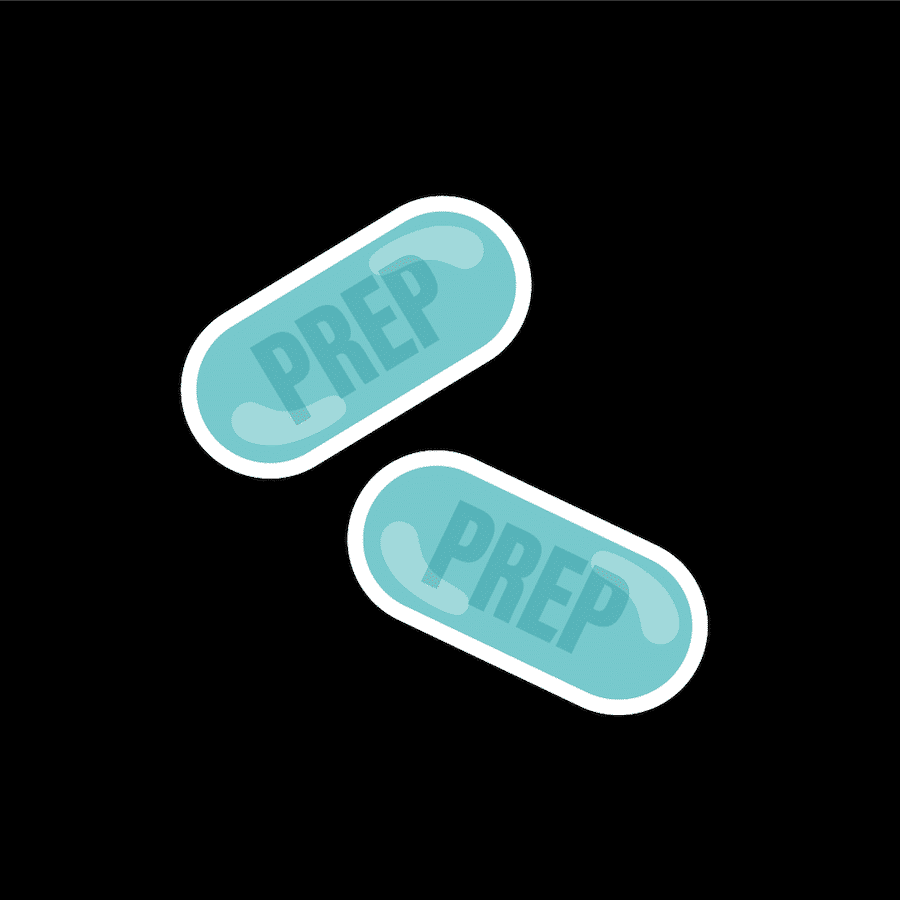This website uses cookies so that we can provide you with the best user experience possible. Cookie information is stored in your browser and performs functions such as recognising you when you return to our website and helping our team to understand which sections of the website you find most interesting and useful.
- OPENING TIMES: MON 8AM–7PM • TUE 8AM–7PM • WED 12PM–7PM • THUR 8AM–7PM • FRI 9AM–4PM • SAT 11AM–4PM • SUN CLOSED
- •
- OPENING TIMES: MON 8AM–7PM • TUE 8AM–7PM • WED 12PM–7PM • THUR 8AM–7PM • FRI 9AM–4PM • SAT 11AM–4PM • SUN CLOSED
- •
- OPENING TIMES: MON 8AM–7PM • TUE 8AM–7PM • WED 12PM–7PM • THUR 8AM–7PM • FRI 9AM–4PM • SAT 11AM–4PM • SUN CLOSED
- •
- OPENING TIMES: MON 8AM–7PM • TUE 8AM–7PM • WED 12PM–7PM • THUR 8AM–7PM • FRI 9AM–4PM • SAT 11AM–4PM • SUN CLOSED
- •
- OPENING TIMES: MON 8AM–7PM • TUE 8AM–7PM • WED 12PM–7PM • THUR 8AM–7PM • FRI 9AM–4PM • SAT 11AM–4PM • SUN CLOSED
- •
- OPENING TIMES: MON 8AM–7PM • TUE 8AM–7PM • WED 12PM–7PM • THUR 8AM–7PM • FRI 9AM–4PM • SAT 11AM–4PM • SUN CLOSED
- •
- OPENING TIMES: MON 8AM–7PM • TUE 8AM–7PM • WED 12PM–7PM • THUR 8AM–7PM • FRI 9AM–4PM • SAT 11AM–4PM • SUN CLOSED
- •
- OPENING TIMES: MON 8AM–7PM • TUE 8AM–7PM • WED 12PM–7PM • THUR 8AM–7PM • FRI 9AM–4PM • SAT 11AM–4PM • SUN CLOSED
- •
- OPENING TIMES: MON 8AM–7PM • TUE 8AM–7PM • WED 12PM–7PM • THUR 8AM–7PM • FRI 9AM–4PM • SAT 11AM–4PM • SUN CLOSED
- •
- OPENING TIMES: MON 8AM–7PM • TUE 8AM–7PM • WED 12PM–7PM • THUR 8AM–7PM • FRI 9AM–4PM • SAT 11AM–4PM • SUN CLOSED
- •
- OPENING TIMES: MON 8AM–7PM • TUE 8AM–7PM • WED 12PM–7PM • THUR 8AM–7PM • FRI 9AM–4PM • SAT 11AM–4PM • SUN CLOSED


